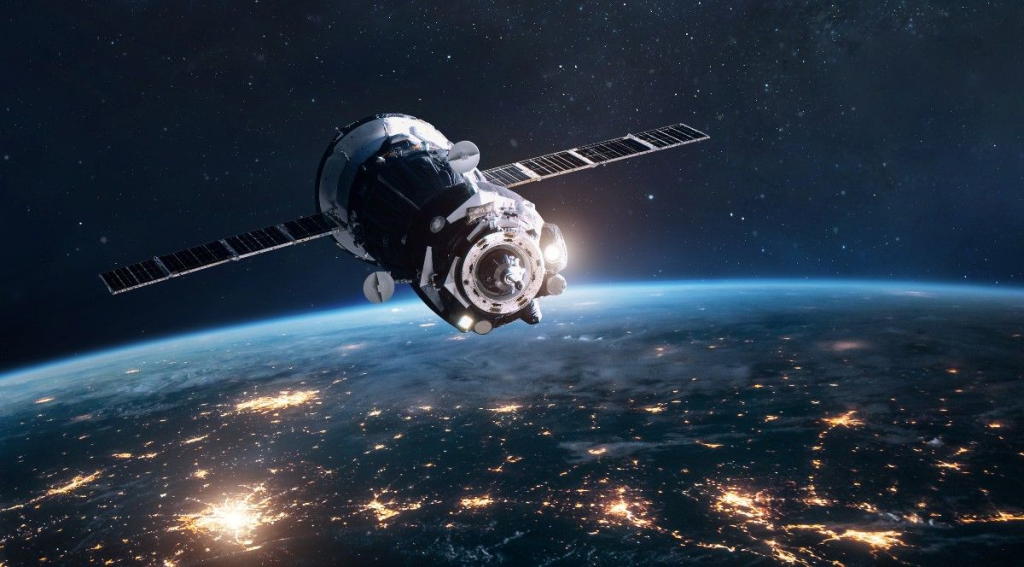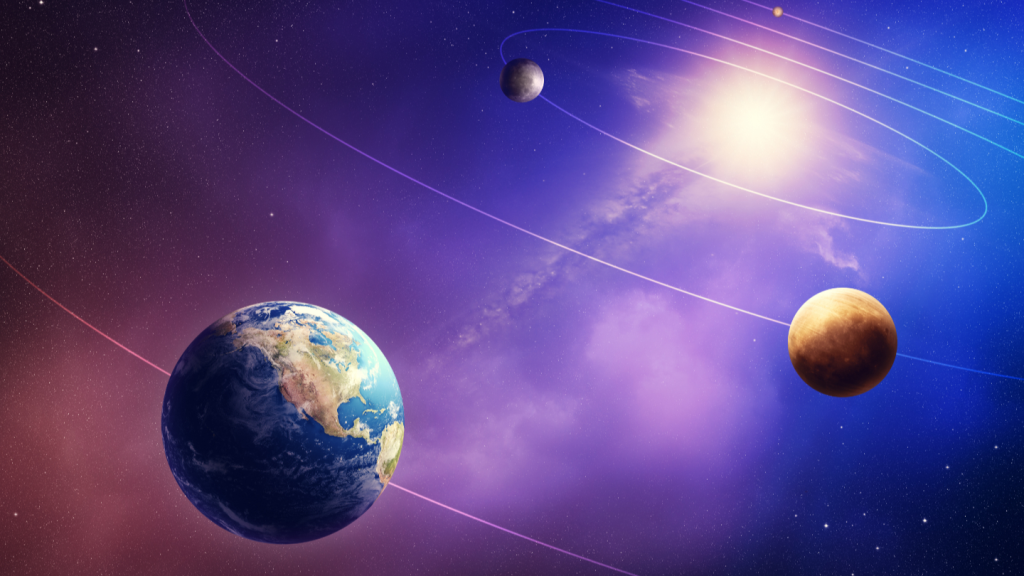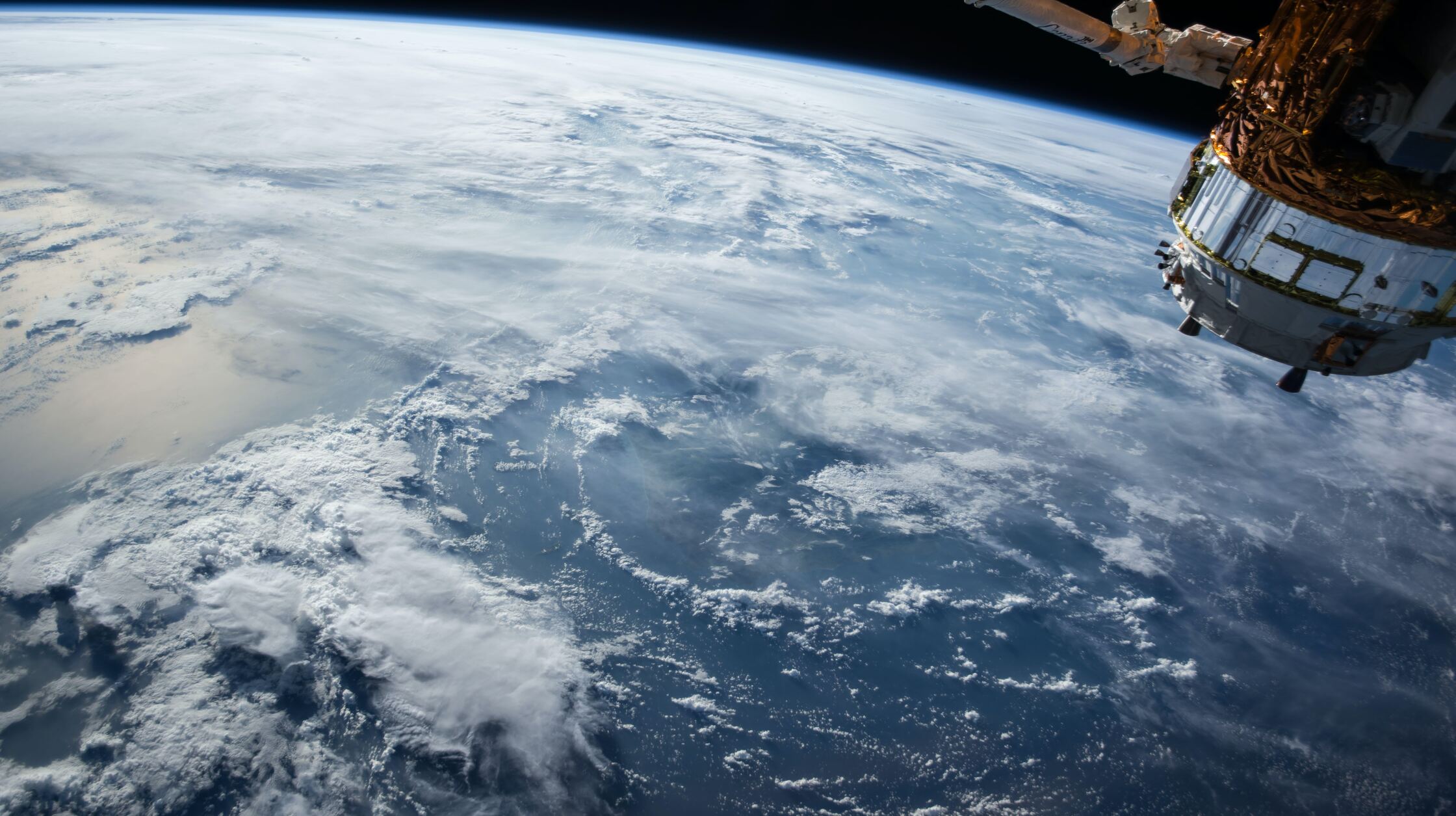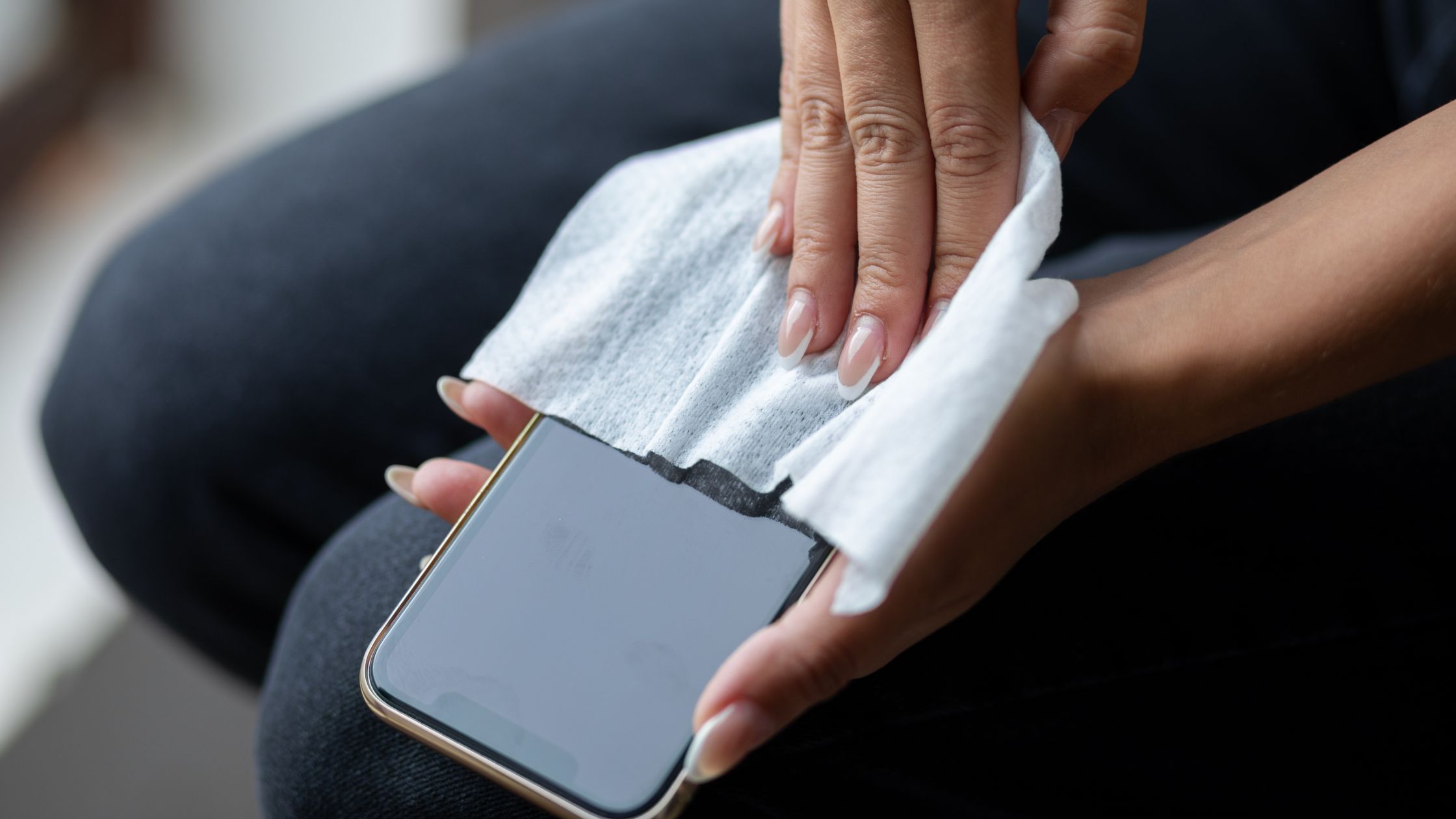NASA’s latest endeavor to combat the growing issue of space debris involves a unique contract awarded to space logistics startup TransAstra. The $850,000 early-stage contract focuses on the development of an inflatable bag designed to capture space debris. However, the initial phase of the project will center around ground-based testing using inflatable struts, as reported by SpaceNews.

This isn’t TransAstra’s first foray into inflatable capture technologies; the company was also awarded a 2021 NASA contract initially aimed at asteroid capture. TransAstra quickly found that the technology designed for asteroid capture could also be applied to space debris removal.
“The challenges presented by asteroids and space junk are strikingly similar,” company officials told SpaceNews. “Asteroids can disintegrate into smaller particles, or pebbles, in space, and similarly, larger pieces of space debris can break down into smaller pieces. This led us to rethink the applicability of our technology.”

Joel Sercel, TransAstra’s founder and CEO, shared his excitement about the project’s potential, saying, “This could be a game-changer for orbital debris cleanup.” TransAstra plans to navigate the inflatable bag around low Earth orbit using a space tug, whimsically named Worker Bee, to collect multiple pieces of debris.
Despite the promising technology, we are still years—possibly decades—away from deploying such solutions in space. “The journey from ground testing to actual space missions is a long one, filled with numerous challenges and milestones,” said Sercel.
The space debris problem is becoming increasingly severe. The European Space Agency estimates that Earth’s orbit currently contains around 36,500 objects larger than 4 inches and as many as 330 million objects larger than 0.04 inches.
Highlighting the urgency of the problem, a piece of space debris targeted for removal by another debris-elimination project was recently struck by another piece of space junk. This collision, which occurred in August 2023, likely generated even more fragments, exacerbating the issue.
As space becomes increasingly cluttered, technologies like TransAstra’s inflatable bag could play a crucial role in maintaining the long-term sustainability of orbital activities. Though it may be early days for this particular solution, the innovative approach offers a glimmer of hope in what has become a race against time to clean up our cosmic backyard.




